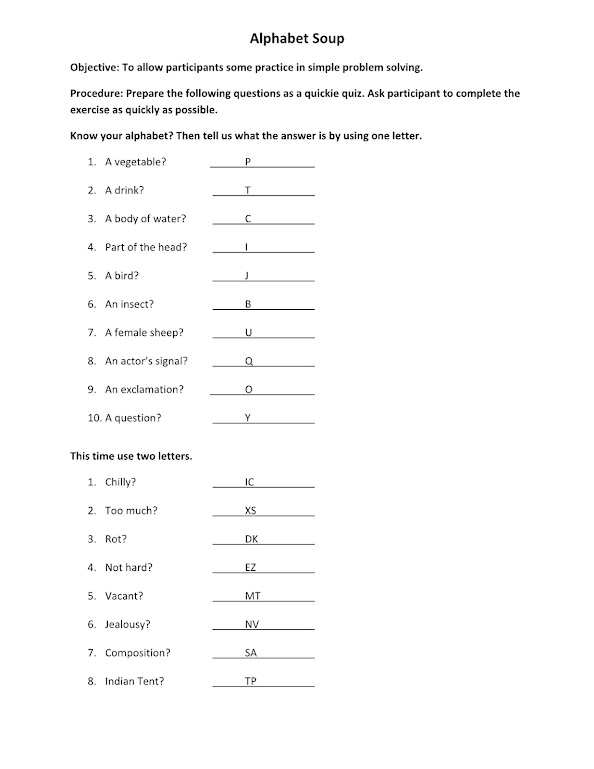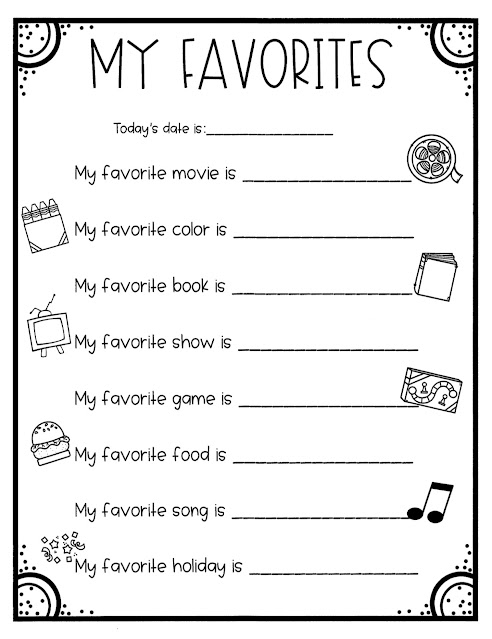Providing information, activities, strategies, ideas, inspiration, and connections to resources for teachers and parents
Tuesday, February 8, 2022
Monday, February 7, 2022
Sunday, February 6, 2022
Friday, February 4, 2022
DID YOU KNOW???
Mail Carrier Day: February 4, 2022

The Constitution and the Post Office
“In June 1788, the ninth state ratified the Constitution, which gave Congress the power ‘To establish Post Offices and post Roads’ in Article I, Section 8. A year later, the Act of September 22, 1789, continued the Post Office and made the Postmaster General subject to the direction of the President. Four days later, President Washington appointed Samuel Osgood as the first Postmaster General under the Constitution. A population of almost four million was served by 75 Post Offices and about 2,400 miles of post roads.” US Census
Thursday, February 3, 2022
# Black History Month Reading List
for
Grades K-12
While African-American authors hold their own in the
literary world, Black History Month gives you a chance to highlight some of the
most celebrated African-American authors and their literary achievements. While
some of their works highlight the rich history and achievements of
African-Americans, others simply bring a new perspective to common themes and
storylines.
Kindergarten – 2nd grade
At this level, focus on poems and picture books.
It’s never too early to introduce children to the poetry of one of the most
well-known African-American poets, Langston Hughes, or newer poets such as
Nikki Giovanni. Start with a few of these texts:
April Rain Song by Langton Hughes
Covers by Nikki Giovanni
Laughing Boy by Richard Wright
The Flower Garden by Eve Bunting
The Hat that Wore Clara B. by Melanie
Turner-Denstaedt
Ruby and the Booker Boys by Derrick Barnes
3rd grade – 5th grade
Kids in upper elementary school can start to read short
biographies of famous African-Americans. They will also appreciate
short stories and novels that focus on African-American history and start to
subtly tackle controversial issues. Consider some of the following pieces:
Bud, Not Buddy by Christopher Paul Curtis
Hip Hop Speaks to Children by Nikki Giovanni
Mariah Keeps Cool by Mildred Walter
Mufaro’s Beautiful Daughters by John Steptoe
The Story of Ruby Bridges by Robert Coles
Ziggy and the Black Dinosaurs Series by Sharon
Draper
6th grade – 8th grade
In middle school, as kids begin to work out their own
identities, they begin to resonate with the stories of others seeking to find
themselves. At this stage, introduce them to novels, poems and
informational texts that feature issues they can relate to and that
help expand their worldview. Great works to begin with include:
The People Could Fly by Virginia Hamilton
Locomotion by Jacqueline Woodson
Fast Sam, Cool Clyde and Stuff by Walter Dean
Myers
Roll of Thunder, Hear my Cry by Mildred D.
Taylor
Watsons Go to Birmingham by Christopher Paul
Curtis
Hoops by Walter Dean Myers
9th grade – 10th grade
At this level, students still want texts they can relate
to, but they can also begin to understand deeper stories of race and
identity. Introduce them to a variety of texts, including:
I Have a Dream by Martin Luther King Jr.
I, Too, Sing America by Langston Hughes
Hazelwood High Trilogy by Sharon Draper
Romiette and Julio by Sharon Draper
Fallen Angels by Walter Dean Myers
Ain’t I a Woman by Sojourner Truth
11th grade – 12th grade
In the upper-levels of high school, teens can start to
tackle major historical movements and controversial issues such as racism. This
is the time to introduce them to poems, novels and informational texts
with deep messages about African-American history and the overall
African-American experience. A few selections include:
The Color of Water by James McBride
Invisible Man by Ralph Ellison
Native Son by Richard Wright
Roots by Alex Haley
A Raisin in the Sun by Lorraine Hansberry
The Autobiography of Malcolm X by Alex Haley and
Malcolm X

























































